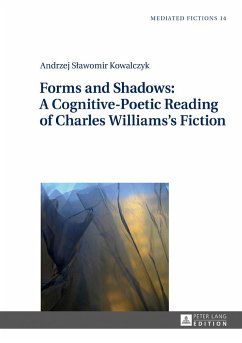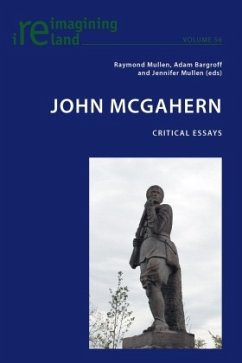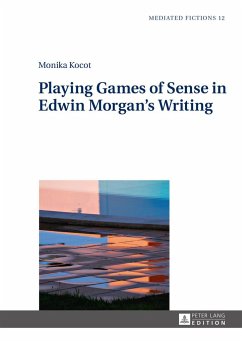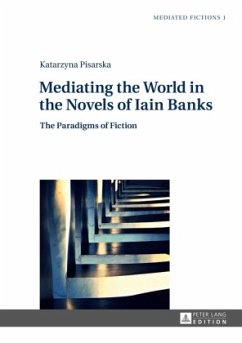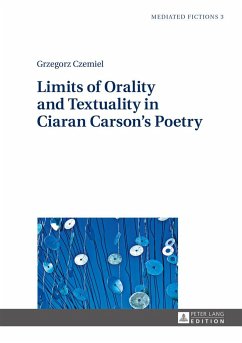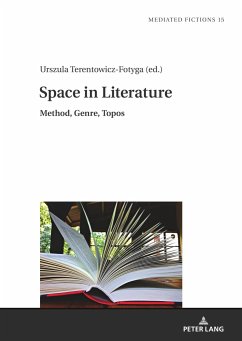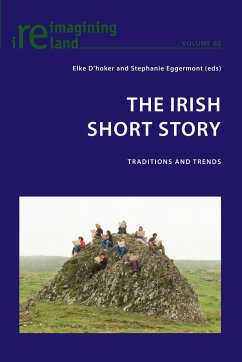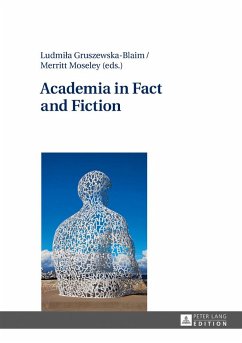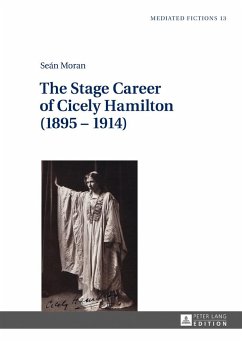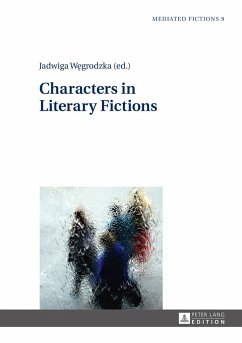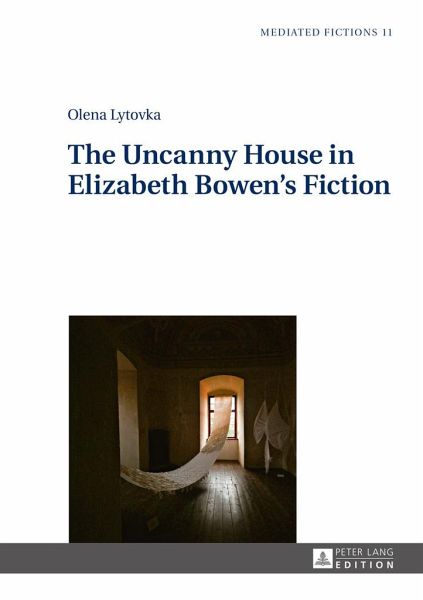
The Uncanny House in Elizabeth Bowen's Fiction
Versandkostenfrei!
Versandfertig in 6-10 Tagen
40,05 €
inkl. MwSt.

PAYBACK Punkte
0 °P sammeln!
The book focuses on the uncanny in the domestic space of Elizabeth Bowen's fiction. Providing a psychoanalytic reading of selected works it aims to examine the image of the house in Bowen's prose and to analyse its uncanniness in relation to the characters' identity. In her book, Olena Lytovka focuses on an important aspect of Elizabeth Bowen's fiction - the motif of the uncanny house. By applying the Freudian notion of the unheimlich to the analysis of selected novels and short stories, Lytovka demonstrates how the traumatic experience of loss is mirrored in the characters' perception of the ...
The book focuses on the uncanny in the domestic space of Elizabeth Bowen's fiction. Providing a psychoanalytic reading of selected works it aims to examine the image of the house in Bowen's prose and to analyse its uncanniness in relation to the characters' identity.
In her book, Olena Lytovka focuses on an important aspect of Elizabeth Bowen's fiction - the motif of the uncanny house. By applying the Freudian notion of the unheimlich to the analysis of selected novels and short stories, Lytovka demonstrates how the traumatic experience of loss is mirrored in the characters' perception of the domestic space as uncanny. The uncanny, she argues, is a reflection of the psychological condition of the perceiving mind in the state of crisis rather than the quality of the space. This insightful and well-researched study is a valuable contribution to Bowen criticism and will be relevant to literary scholars and students alike. (Anna Kedra-Kardela, Maria Curie-Sklodowska University in Lublin)
In her book, Olena Lytovka focuses on an important aspect of Elizabeth Bowen's fiction - the motif of the uncanny house. By applying the Freudian notion of the unheimlich to the analysis of selected novels and short stories, Lytovka demonstrates how the traumatic experience of loss is mirrored in the characters' perception of the domestic space as uncanny. The uncanny, she argues, is a reflection of the psychological condition of the perceiving mind in the state of crisis rather than the quality of the space. This insightful and well-researched study is a valuable contribution to Bowen criticism and will be relevant to literary scholars and students alike. (Anna Kedra-Kardela, Maria Curie-Sklodowska University in Lublin)





